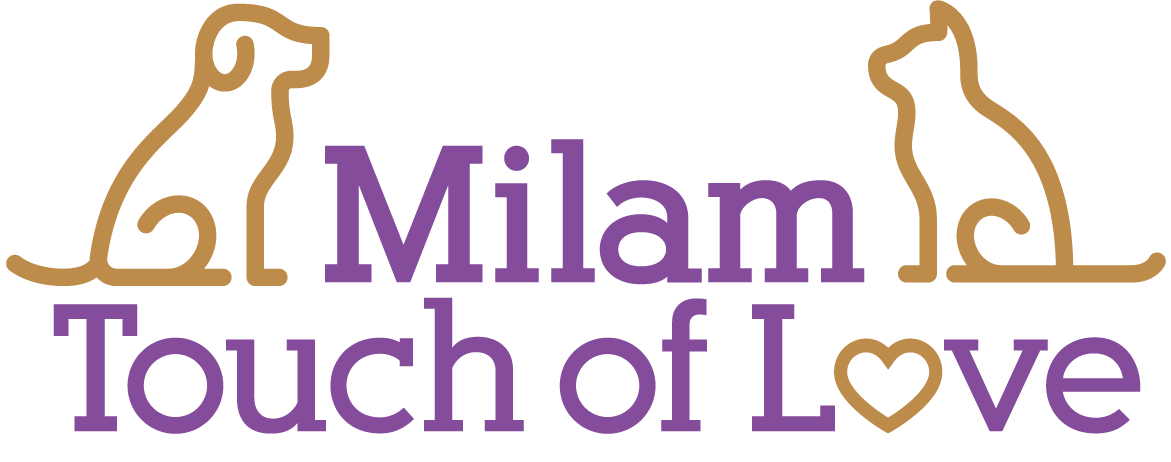Why does your vet suggest the vaccination schedule they do for your pet? I’ve sat through our vet’s “Immunology 101” “class” twice now, and I think I understand. Any errors are mine and not the vet’s, and this is an extreme simplification.
Your puppy or kitten has an immunity transferred from its mama. It’s a stronger immunity if the mama was vaccinated, but even without that, the puppy gets antibodies from its mother. Puppy and kitten immune systems aren’t developed enough to be able to begin developing their own antibodies until at least 6 weeks of age – some take longer. Vaccinating too soon could be harmful for your kitten or puppy, because the undeveloped immune system won’t learn to recognize the antibodies in the vaccine as a bad thing, and when they encounter them later, the system will not fight them off, and the disease will hit the animal in a devastating way.
First shots are recommended at 6 weeks for puppies and 8 weeks for kittens. Since their immune systems are just developing, a single shot will not be enough to develop full immunity. After the shot, the antibody production will drop off over the next couple of weeks just in time for a booster shot. Two weeks is a little too soon, and three weeks later is just right. Some veterinarians recommend a series of three shots, and some advocate four. For puppies, these shots are distemper/parvo and usually also cover parainfluenza and hepatitis. For kittens, the shots cover Feline Viral Rhinotracheitis, Calicivirus, and Panleukopenia and they are also scheduled for a series of three shots. Your vet is not trying to make money off you — they are trying to ensure your pet is as protected as possible from these diseases that are deadly for your pet and expensive for you to treat should they contract them.
Next week, we’ll discuss the rabies vaccine.
